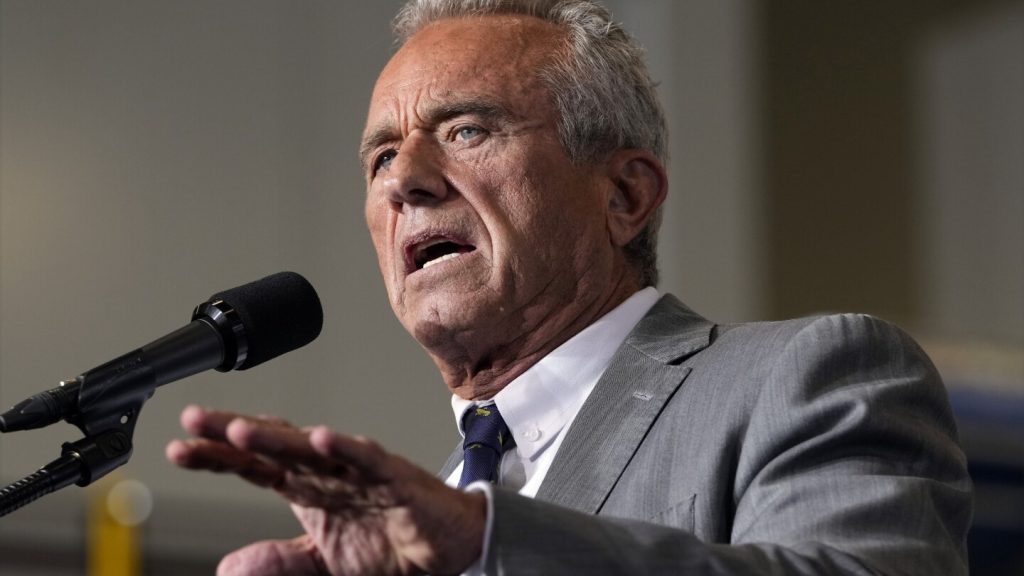The Supreme Court rejected an emergency appeal from Robert F. Kennedy Jr.’s presidential campaign to have his name added to the ballot in New York. Kennedy suspended his campaign in August and endorsed former President Donald Trump, but he tried to remain on the ballot in states where his presence would not affect the Trump vs. Vice President Kamala Harris battle. New York courts had ruled that Kennedy falsely claimed to live in New York on his nominating petitions, although he actually resides in California. The federal appeals court in New York also denied an emergency order to add Kennedy’s name to the ballot. The state argued that the request was made too close to the election, after many ballots had already been mailed out, and stated that voters could still write in Kennedy’s name if they so choose.
Kennedy’s attempt to have his name added to the ballot in New York was denied by the Supreme Court without any comments or noted dissents. Despite his suspension of the campaign and endorsement of Trump, Kennedy sought to remain on the ballot in certain states to potentially garner votes. The state of New York argued that the timing of the request was too late, as thousands of ballots had already been sent out. Even though Kennedy’s campaign had been suspended, voters could still choose to write in his name on the ballot if they wanted to.
The refusal of the Supreme Court to grant an emergency appeal for Robert F. Kennedy Jr.’s name to be added to the ballot in New York highlights the legal challenges faced by his campaign. Despite his campaign suspension and support for Trump, Kennedy tried to maintain his presence on the ballot in various states. The federal appeals court in New York also denied an emergency order to add Kennedy’s name to the ballot, citing the proximity to the election and the already-mailed ballots. New York courts had previously ruled that Kennedy falsely claimed to live in the state, although he resides in California.
The decision of the Supreme Court to reject Kennedy’s emergency appeal reflects the significance of the timing and legal requirements in election processes. Kennedy’s efforts to keep his name on the ballot in New York were met with legal challenges and ultimately unsuccessful. The state’s argument that voters could still write in Kennedy’s name if they wished provides an alternative for supporters. Despite his campaign suspension and endorsement of Trump, Kennedy’s attempt to remain on the ballot faced obstacles that led to the Supreme Court’s decision to deny the emergency appeal. The legal battle over Kennedy’s ballot presence underscores the complexities of election laws and processes at play in the current political landscape.


